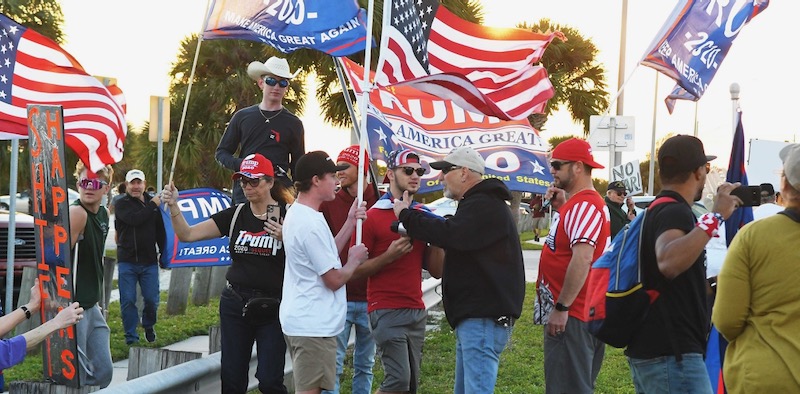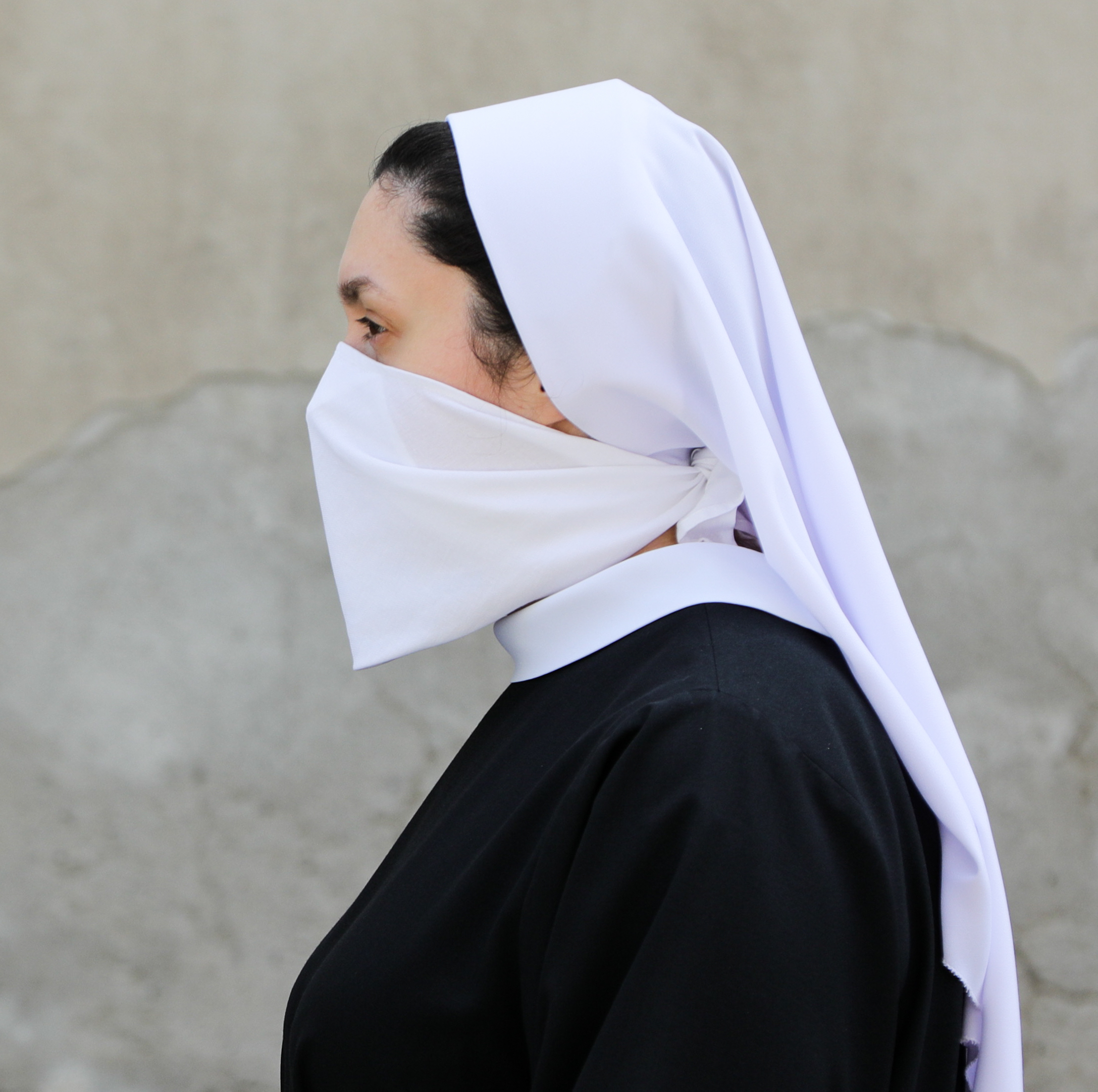How does religious practice continue when people are apart? What is the long term impact of coronavirus on religion and belief? Ed Kessler, Founder of the Woolf Institute, interviewed religious and community leaders around the UK and posed these and other questions. In a documentary, the Covid-19 Chronicles, he asked how their communities are adapting to this new landscape.
Covid-19 presents particular challenges to religious practice and belief, not least because religious people draw comfort from the fact that they are part of a community and participate in communal practice. When the UK Government closed all religious buildings on 24th March, all religious communities were dramatically effected, facing the same challenges at the same time. Even when buildings re-opened, everyone stands apart.
Since religion is intrinsically a communal activity I was interested to learn more about the impact of the pandemic within and across the religious divides and how, as Fr Alban McCoy OFM told me, faith communities have learned “to reconfigure the notion of presence”.
Whilst some communities moved their regular religious practice online, for others communal worship could not take place virtually. Roman Catholic mass could not be celebrated, for Orthodox Jews shabbat services could not take place and Muslim communal worship ceased. Each required physical presence. However, Progressive Jews and most Protestant denominations streamed services enabling congregants to participate from their homes. This was a division not so much between religions but the manner of their observance.
All faith communities took advantage of technology which allowed them to connect with one another but there was a general recognition that it was no substitute for face to face, physical contact. Rabbi Herschel Gluck explained that “technology is not the same as real human contact. It is lacking a very fundamental element that human beings require to be in the company of others and to work together with others.” Human interaction is, of course, a universal need but there is distinctive religious element because belief requires presence.
But what kind of presence? Christianity is based on the belief in incarnation because Jesus is understood as the incarnate (“enfleshed”) Word of God. Yet the presence of God coming to dwell in human history is not so far away from other religions as well. Judaism and Hinduism, for example, insist no less strongly than Christianity on the transcendent God being present with God’s people.
For Rev Neil Thorogood, minister in the United Reformed Church, the increase in numbers attending religious services occurred because ““at the heart of faith is the sense of the presence of God….I think one of the things that we're seeing is that all of this is in a way speaking into the cultural need, the social need, the community need, human need in the midst of all of this chaos and crisis to have a word that says the beyond is beyond the immediate, there is one who loves us, cares for us and is present with us.”
But another minister, Pentecostalist bishop, Joe Aldred raised the problem of theodicy. He told me that when somebody said to him “we just have to keep on praying and hope that God will step in and say “enough”, the cynical side of me said, well, He didn't step in during 300 years of the transatlantic slave trade. So I'm not quite sure what incentive He would have for stepping in now. So, there's that bit of me saying where is God?”
Covid-19 also prompted deeper connections with one’s own faith community. Lord Harries, former Anglican bishop of Oxford, told me that the digital community can make us feel that we belong together. “And if I can be a bit mystical about it”, he said, “it's the Christian people throughout the world and those who rejoice with us…who are united in this invisible way”. Muslim community leader, Musharref Hussain, raised the concept of ummah, an Arabic word which means ‘community’ and is understood as the global Muslim community. The pandemic has brought Muslims closer together and “this whole concept of a global village is becoming a reality now.”
An intimate aspect of religious life is the funeral, yet attendance has been severely restricted. Rabbi Reuven Leigh and leading Muslim politician and communal leader, Sayeeda Warsi both described a new custom which enables large numbers of mourners to participate. The hearse is driven to the graveyard in a circuitous route, through the local streets where friends and neighbours of the deceased come out onto their steps, or onto the road, or to the front of their garden and just stand in silence as the cortege passes.
Finally, will Covid-19 have a positive impact on humanity? Musharraf Hussain thought so because “it's only when you are deprived of something, you begin to value it. We have been deprived of physical contact, shaking, hands, hugging, touching and will see the value of that experience”. For Cardinal Nichols, who ended the Covid-19 Chronicles, this is a moment when we can discover the goodness of humanity and “search for its Source: belief in God, in life as a gift, a gift that is shared, a gift that is given that we may be at service to each other and a gift that is ultimately purposeful”.



 Loading ...
Loading ...
What do you think?
You can post as a subscriber user ...
User comments (0)